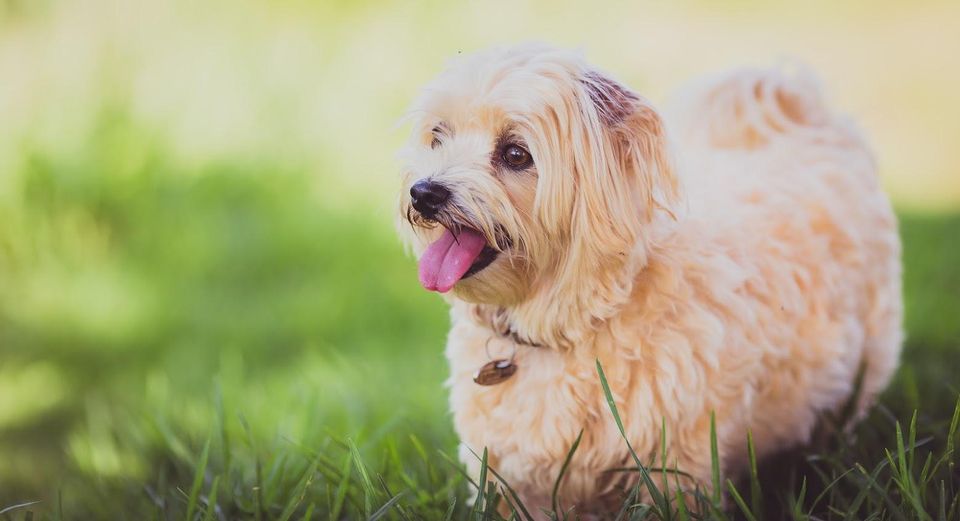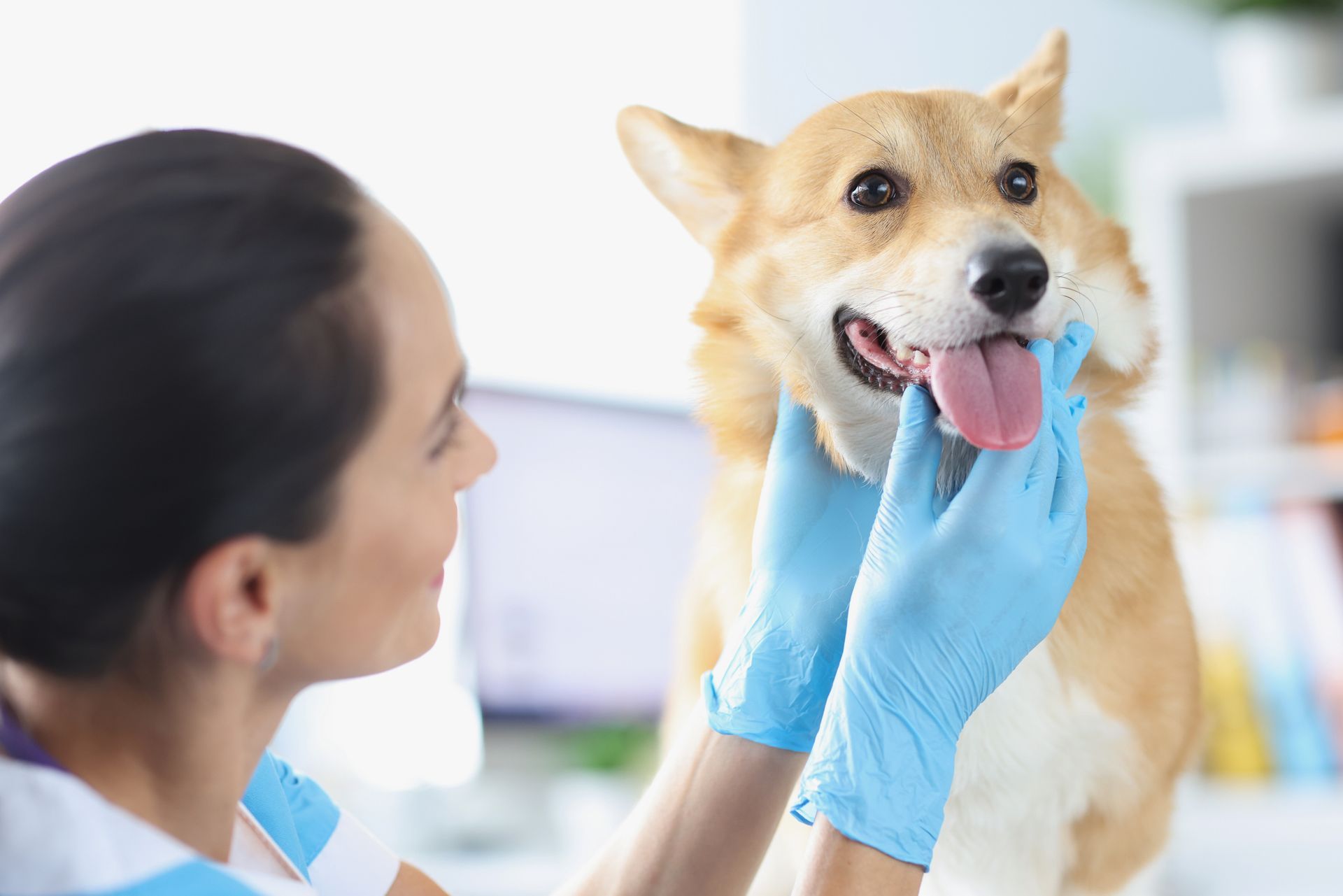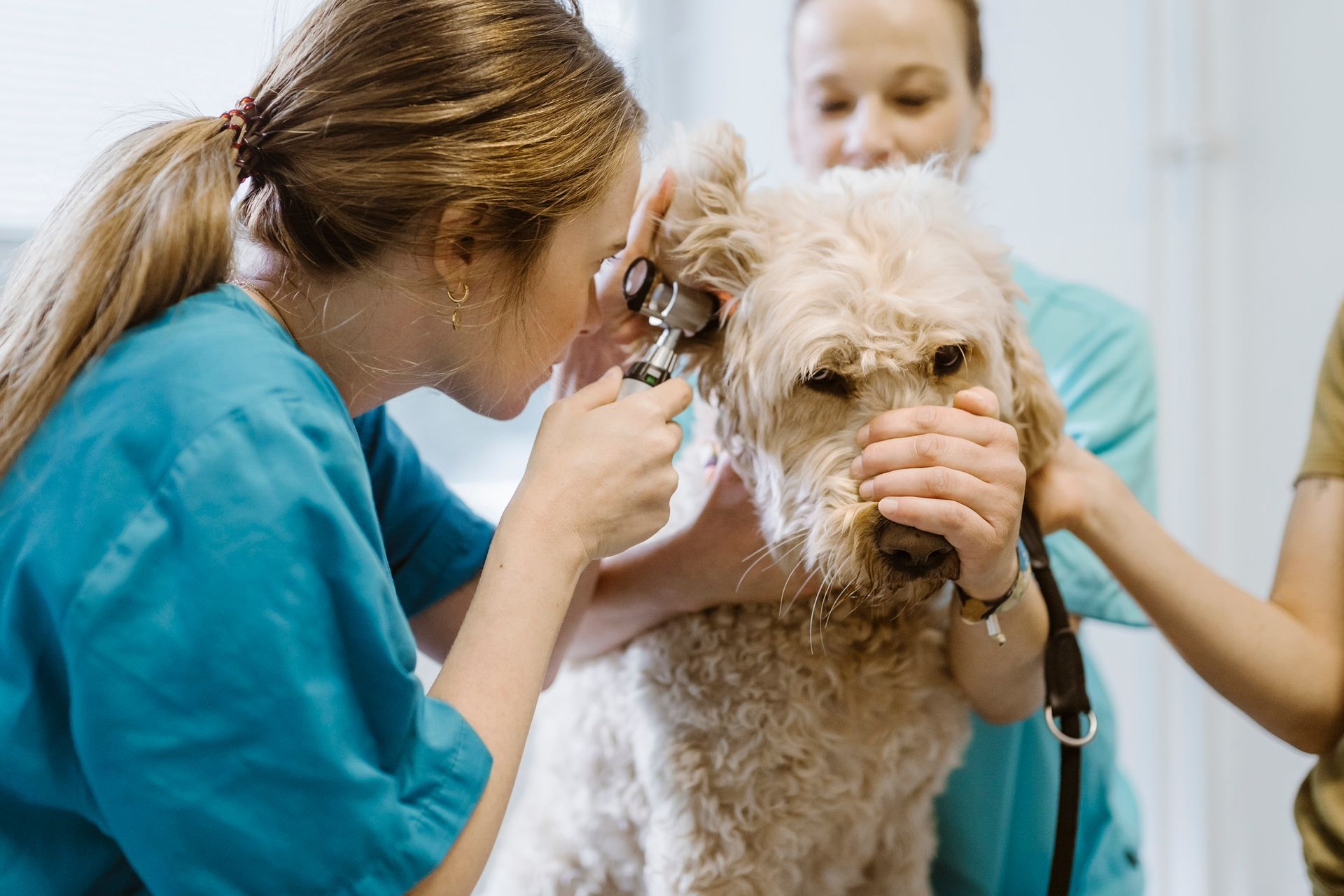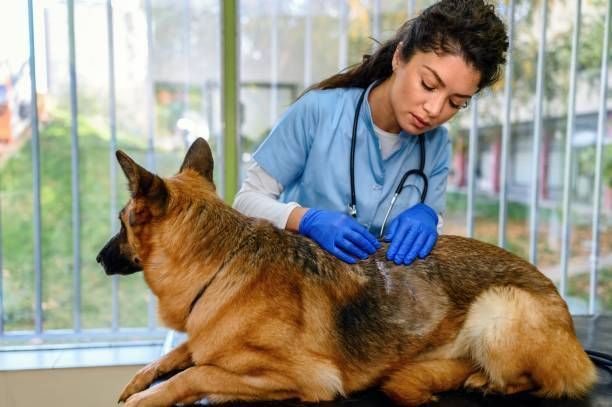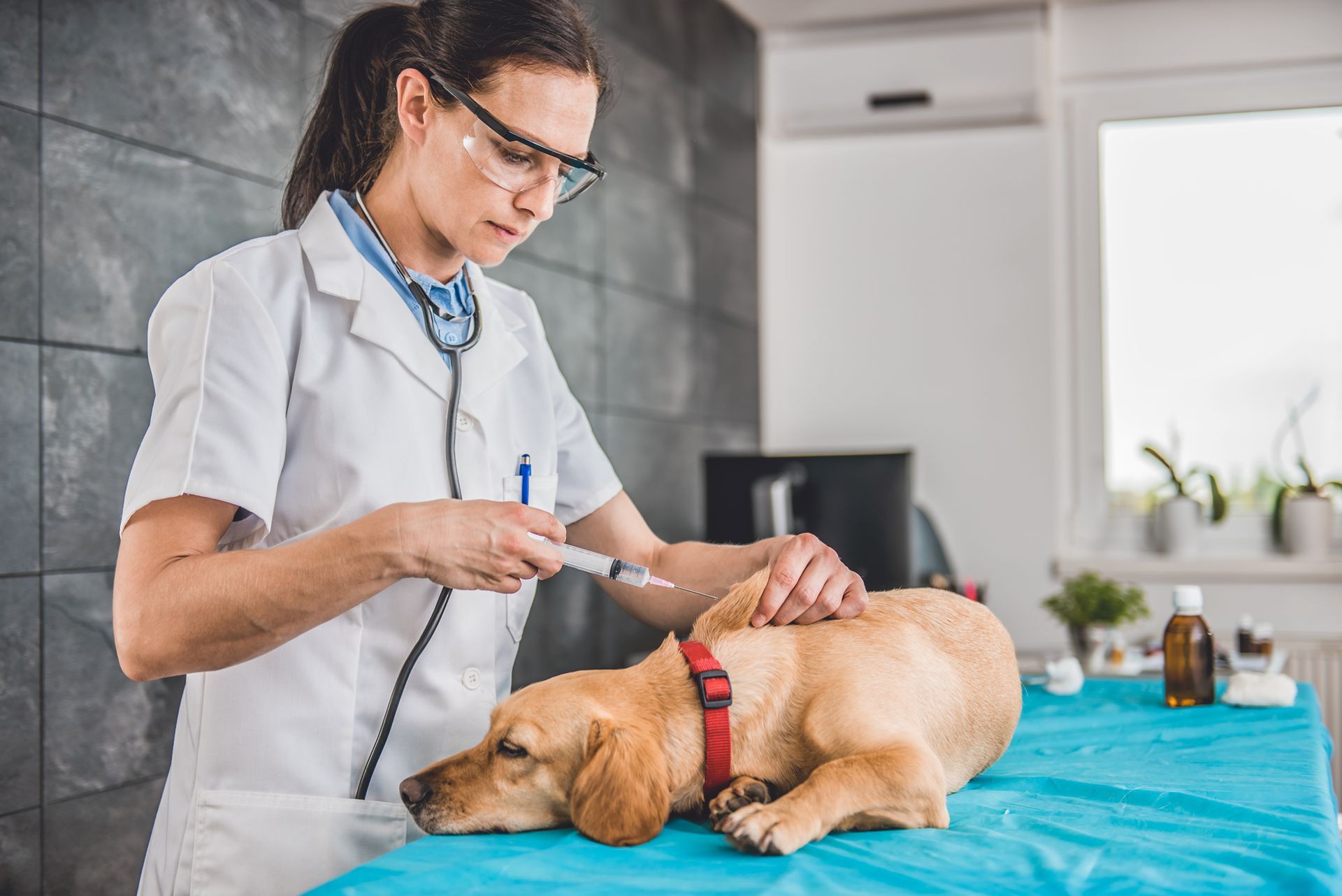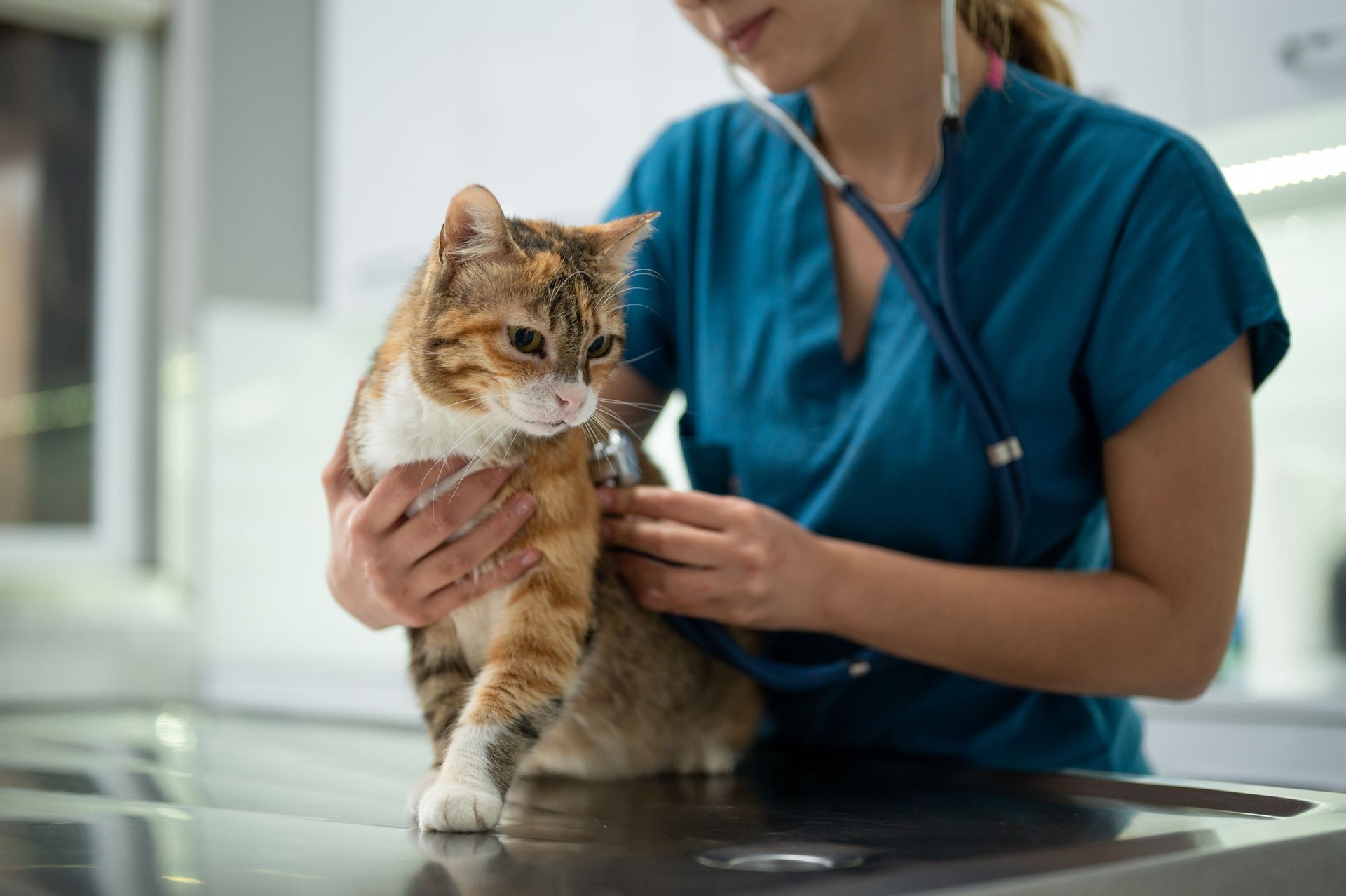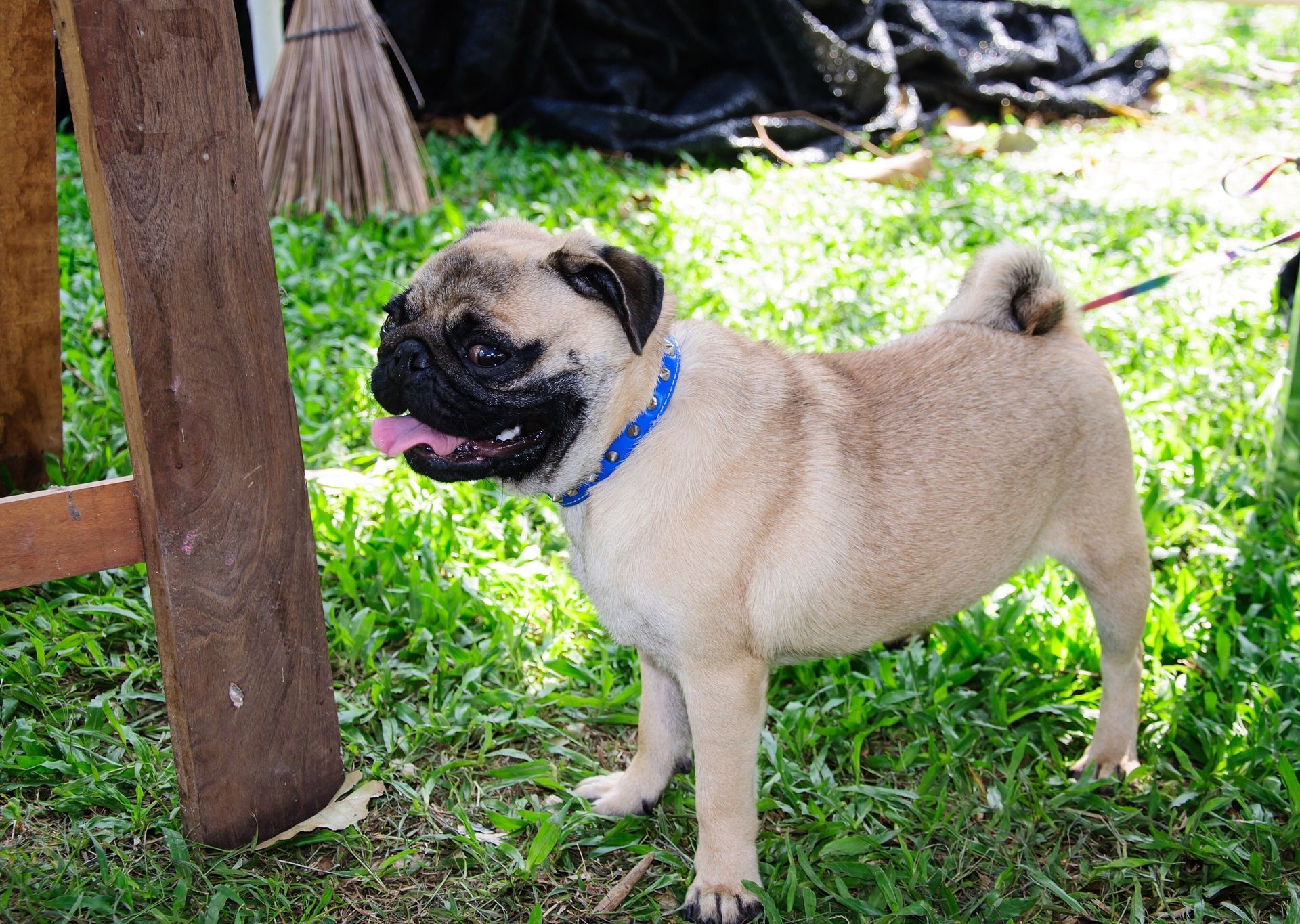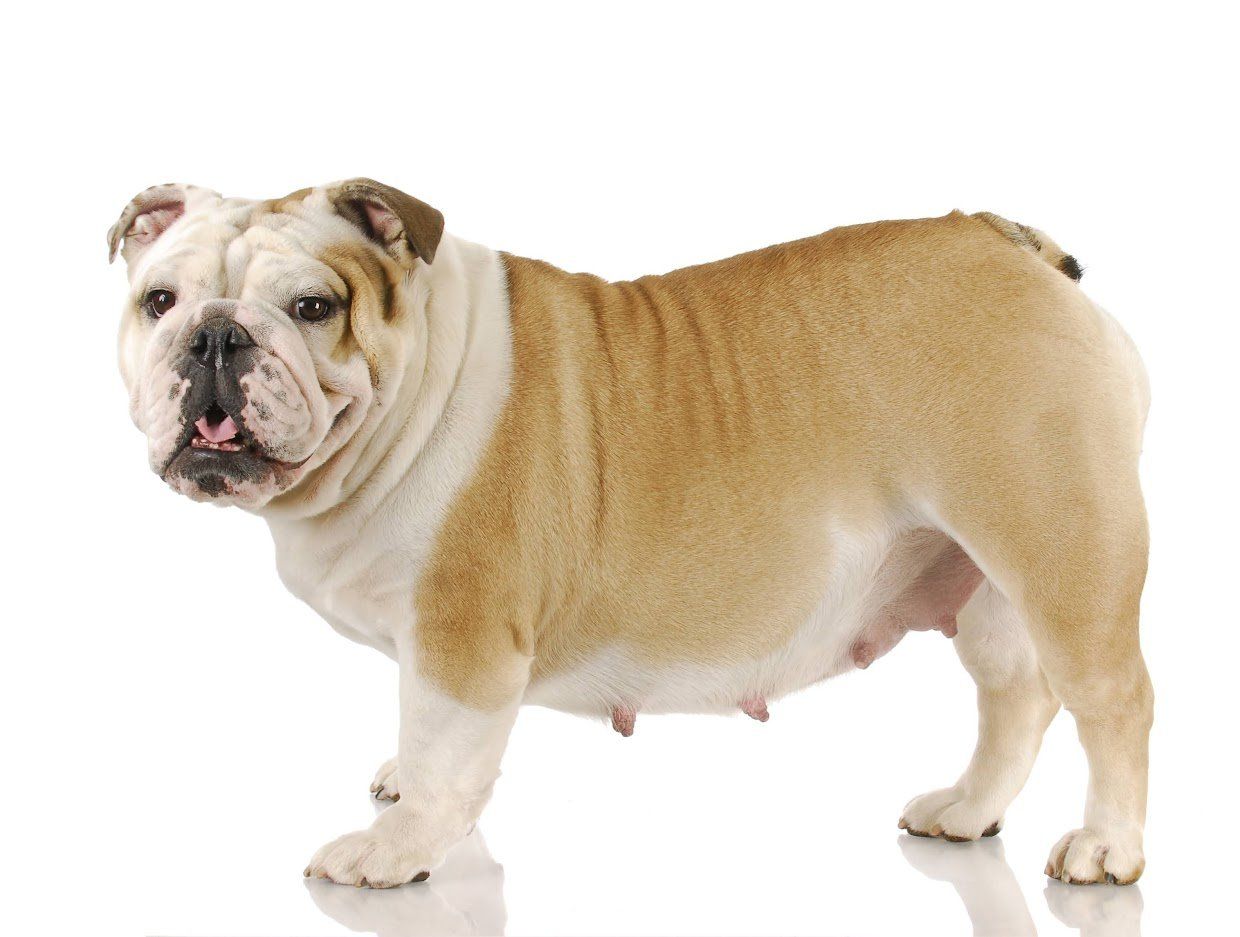Tracheal Collapse in Small Dogs | Baywood Animal Hospital
Small dog breeds, such as Pomeranians, Chihuahuas, Yorkies, toy poodles, and pugs, can be at risk for a condition called tracheal collapse. If you have a small dog, you'll want to learn more about this condition, how to prevent it, and how to treat it.
What Causes Tracheal Collapse?
The trachea in layman's terms is the windpipe. Your dog's trachea is made up of C-shaped rings of cartilage that surround a windpipe of tissue. Sometimes, these cartilage rings aren't strong enough and can become constricted, which makes it hard for your dog to breathe properly.
This collapse of the trachea can sometimes be inherited and progress as a dog ages. Smaller breeds are more prone to it because they are small in size and naturally have smaller, weaker cartilage in the windpipe.
However, other things can cause this issue or exacerbate it further. For instance, if your dog is overweight or obese, the extra fat can place pressure on the trachea. Certain collars are also bad for small dogs and can restrict their airways.
If you smoke or live in an area with lots of air pollutants, your dog may end up coughing more. Too much coughing can cause the trachea to weaken as well.
When Should You See a Veterinarian?
If your dog can't seem to handle exercise, breathes hard, or has a honking cough, you should get them checked out at the vet for tracheal collapse.
Your veterinarian may take a fluoroscopic x-ray to see how narrow your dog's airway is. Once your veterinarian sees how severe the condition is, then they can direct you on the appropriate path, whether that's through medication, surgery, or lifestyle changes.
If your pet has trouble breathing due to over-excitement, the vet may prescribe a sedative. When breathing issues are caused by poor air quality, then your vet may prescribe a bronchodilator. In severe cases, your vet may recommend surgery to place a stent inside the trachea; this will prevent it from collapsing further.
What Can You Do to Reduce Symptoms or Prevent the Issue?
If your dog has tracheal collapse because he or she is overweight, establish a graded exercise regimen and a proper diet. Being overweight not only hurts your dog's trachea, it can raise its risk of developing osteoarthritis, high blood pressure, kidney disease, and diabetes.
Be sure to also switch your dog's collar to a harness when you take him or her for a walk. While you may already know that choke-chains and prong-collars are bad for your dog, regular leather or nylon collars an be an issue too. If your dog tugs the leash a lot on a walk, a regular collar can place undue pressure on your dog's throat. A harness is better because it displaces the pressure over a larger area of your dog's body.
You may want to visit an obedience school if your dog still pulls too much with a harness. The school can teach you effective methods to calm your dog so that they don’t unintentionally place pressure on their own windpipe.
Consider the irritants in your home. You may need to clean your air filters more or invest in a high-efficiency particulate air (HEPA) system. Regular exercise is good for your dog; but, avoid taking your dog out on days when there is a lot of smoke, especially if you live in area with lots of wildfires.
Lastly, ask your vet about regular check-ups. You’ll want to monitor this condition so that it doesn't get worse and require your dog to get a stent. Contact Baywood Animal Hospital for more information about tracheal collapse and other issues your small dog may face.

